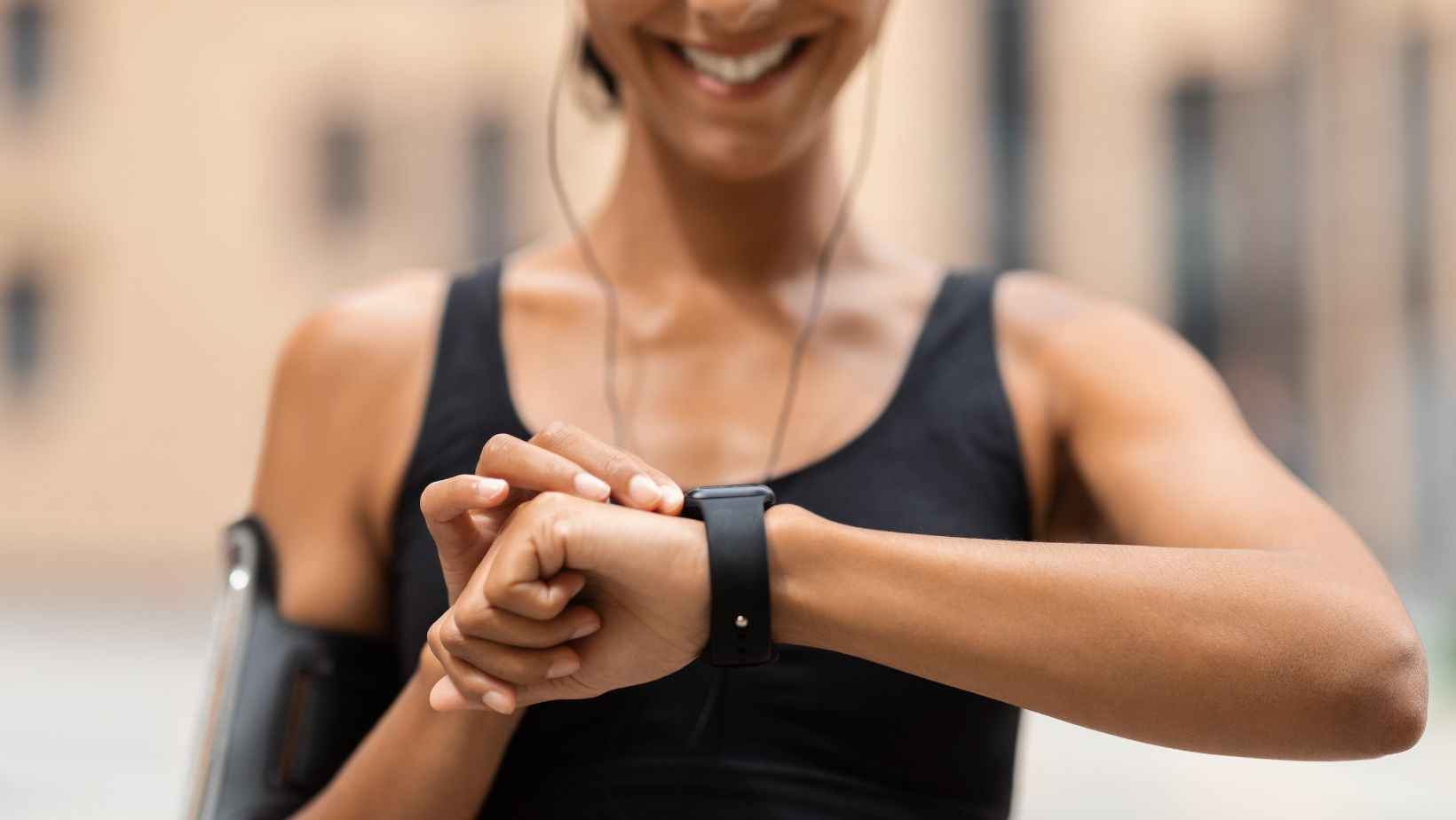In today’s fast-paced world, staying on top of one’s health has become more crucial than ever. Fitness trackers have emerged as indispensable tools for anyone looking to enhance their wellness journey. These nifty gadgets don’t just count steps; they’re equipped with features that monitor heart rate, sleep patterns, and overall physical activity, providing a comprehensive view of one’s health.
Fitness Tracker Gadgets
Fitness tracker gadgets are evolving from simple pedometers to advanced smartwatches, integrating cutting-edge technology that caters to the holistic wellness of users. They not only track physical activities but also offer deeper insights into health metrics, which are instrumental in shaping healthier lifestyles.
From Pedometers to Smartwatches

Originally, fitness trackers were primarily pedometers, measuring the number of steps a person takes throughout the day. Today, these devices have transformed into smartwatches with multifunctional capabilities. Modern fitness trackers monitor a range of vital signs, including heart rate, blood oxygen levels, and sleep quality. They connect seamlessly to smartphones, allowing users to receive notifications, control music playback, and even handle phone calls directly from their wrists. Brands like Fitbit, Garmin, and Apple have pioneered this transition, ensuring their gadgets remain indispensable by consistently enhancing user engagement and device functionality.
Key Technological Advancements
Several technological advancements have played pivotal roles in the evolution of fitness trackers. First, the integration of GPS technology allows athletes and casual users to track their routes and distances accurately, which is critical for training and outdoor activities. Second, improvements in biometric sensors have enabled these gadgets to provide more precise readings of health metrics such as heart rate variability (HRV) and electrodermal activity (EDA), which can signal stress levels. Lastly, advancements in battery life and the development of energy-efficient displays like OLED screens ensure that these devices can be used for extended periods without frequent recharging, thus enhancing user convenience and device practicality. These innovations not only enhance the functional capabilities of fitness trackers but also ensure they play a crucial role in the proactive management of personal health.
Choosing the Right Fitness Tracker
Selecting an ideal fitness tracker involves evaluating several critical features that align with personal health goals and lifestyle preferences. Key factors include device compatibility, intended use, and additional functionalities. Here’s how to make the best choice.
Assess Compatibility

Ensure the fitness tracker seamlessly syncs with your smartphone or other devices. If you own an iPhone, Apple Watch might integrate more effectively due to the same ecosystem. Conversely, Android users might find devices like Samsung Galaxy Watch or Fitbit more compatible.
Identify the primary use of the fitness tracker to narrow down options. If you’re focused on running, a tracker with a reliable GPS and a heart rate sensor proves advantageous. For those more interested in general wellness, features like sleep tracking and sedentary reminders might take precedence.
Evaluate Additional Functionalities
Think about extra functions you value, like waterproofing for swimming or a built-in music player for workouts. Battery life also plays a pivotal role—longer battery life means less frequent charges, enhancing convenience for users.
By carefully considering these aspects, individuals can select a fitness tracker that not only complements their daily routine but also supports them in achieving their personal health and fitness objectives.
Health Benefits of Using Fitness Trackers

Fitness trackers have revolutionized the way people monitor their health and fitness routines. They offer a comprehensive look into one’s physical activities and well-being empowering users to make informed decisions about their lifestyle. By integrating advanced technology with everyday wearability these devices not only track but also motivate individuals towards healthier habits.
Whether it’s improving sleep patterns or increasing physical activity fitness trackers serve as a personal wellness companion that adapts to individual needs. They’re an investment in one’s health journey providing both immediate feedback and long-term insights. As technology advances users can expect even more personalized features to help them meet their fitness goals with precision and ease.
Choosing the right fitness tracker is crucial for maximizing its benefits. By selecting a device that aligns with personal health objectives and lifestyle preferences individuals can enhance their overall well-being and take proactive steps towards a healthier future.

